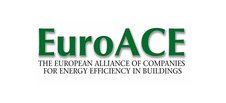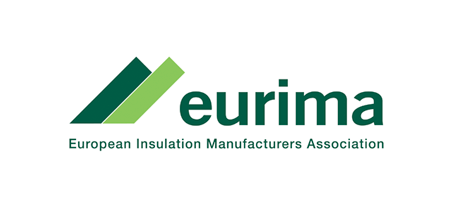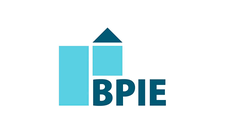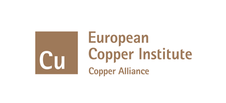Search eceee proceedings
Policy making by participation – the German Climate Action Plan 2050
Panel: 1. Foundations of future energy policy
This is a peer-reviewed paper.
Authors:
Barbara Schlomann, Fraunhofer Institute for Systems and Innovation Research, Germany
Julia Repenning, Oeko Institute
, Germany
Katharina Wohlfarth, Fraunhofer ISI, Greece
Abstract
With regard to commitments under the Kyoto Protocol and the climate agreement reached at the climate conference in Paris, Germany has set a national goal for the reduction of greenhouse gas emissions of 80 to 95 percent by 2050 compared with 1990. In order to enforce the achievement of this long-term target, Germany plans to adopt a first Climate Action Plan 2050 before the end of 2016. In order to increase acceptance for this long-term energy and climate strategy in society and business, the Federal Government launched – for the first time - a broad-based participatory process. In several rounds of dialogue between summer 2015 and March 2016, Federal states, municipalities, associations and citizens could actively participate in the development of the Climate Action Plan 2050. In the course of the dialogue process, the participants worked out a large number of policy measures covering five action areas: 1) Energy Sector 2) Industry and Services 3) Buildings 4) Transport 5) Agriculture and Land use. The final outcome of the dialogue process was the so-called „Measure set 3.1“, which contains a proposal of around 90 policy measures in the five action areas, which are described in detail. This measure set was the basis for the formulation of the Climate Action Plan 2050 by the Federal Ministry for the Environment (BMUB), which was mandated by the Federal Government to develop this plan and to coordinate and consult on it with other government departments. In our paper, we will first of all analyse and evaluate the importance of the dialogue process as a new approach of long-term policy making. Secondly, we will analyse the actual contribution of the preceding dialogue process to the following political process which is finally deciding on the Climate Action Plan 2050. First drafts of the new plan indicate that there may be some political constraints hindering a wider consideration of ambitious policy proposals from the dialogue process.
Downloads
Download this paper as pdf: 1-385-17_Schlomann.pdf
Download this presentation as pdf: 1-385-17_Schlomann_presentation.pdf
Panels of
1. Foundations of future energy policy
2. Policy: governance, design, implementation and evaluation challenges
4. Mobility, transport, and smart and sustainable cities
5. Buildings and construction technologies and systems
6. Buildings policies, directives and programmes
7. Appliances, products, lighting and ICT
8. Monitoring and evaluation: building confidence and enhancing practices























